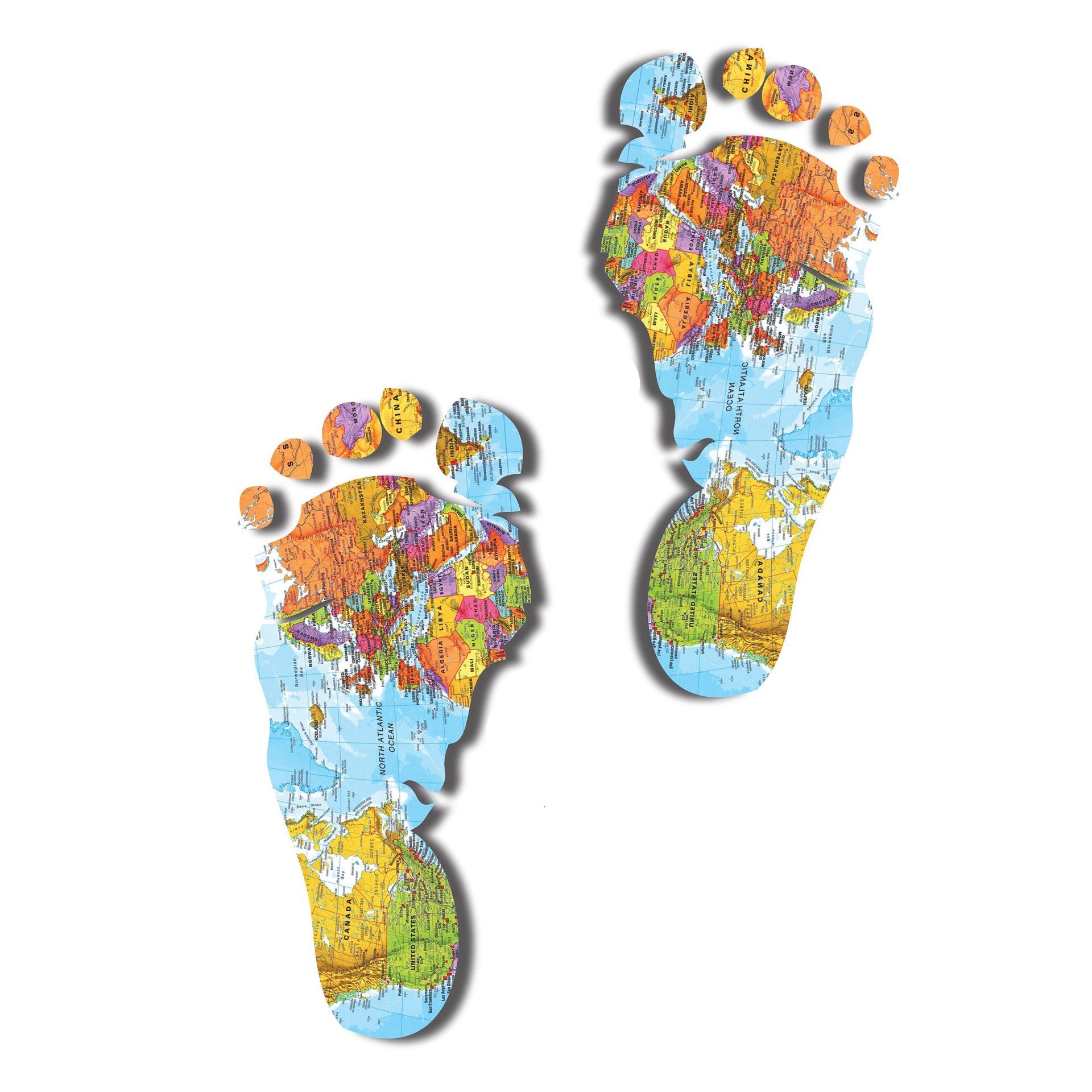Ethical Tourism
An adventure of a lifetime
An adventure of a lifetime
Ethical Tourism
What is ethical tourism?
In basic terms ethical tourism is the impact of your trip on environmental damage, local economy, local people and on nature. There is so much that can be said on this issue so we have tried to narrow it down a bit. There are some links on our links page if you are interested in delving deeper into ethical tourism as it's a very important issue and as a traveller we have to think what are impact we leave behind us, hopefully a positive one.






























